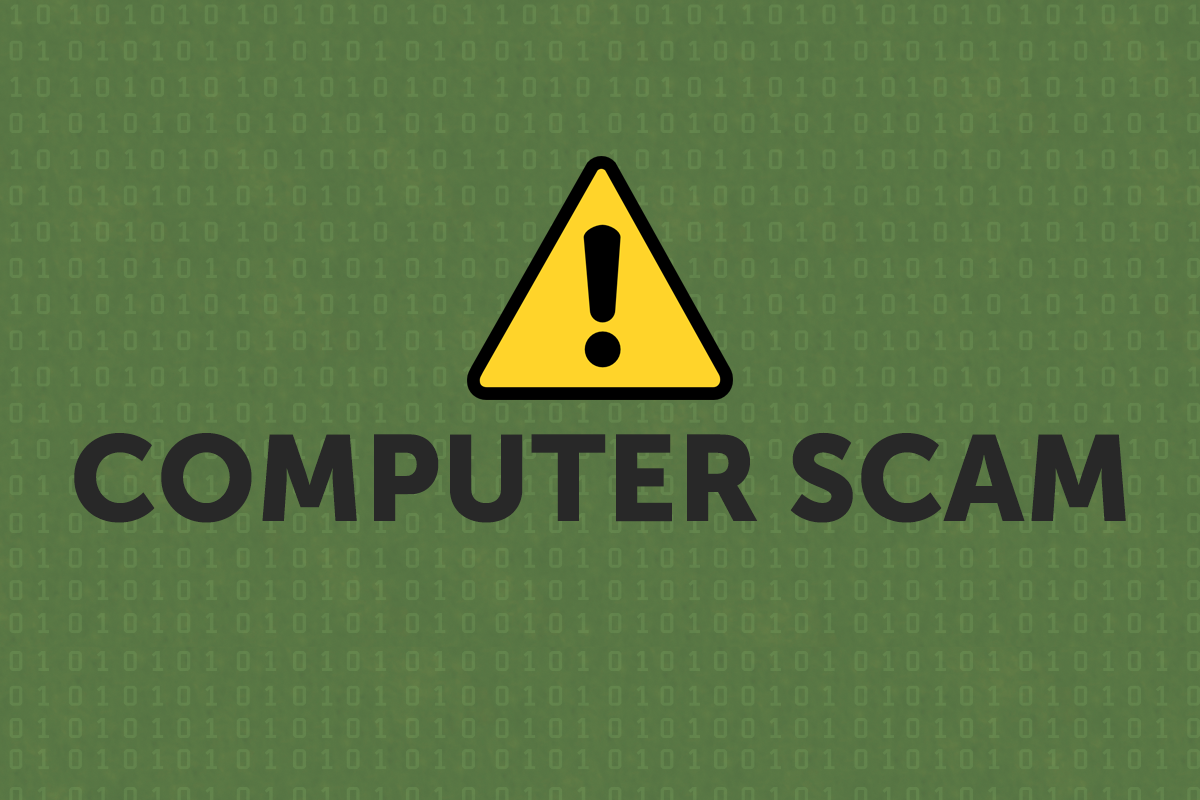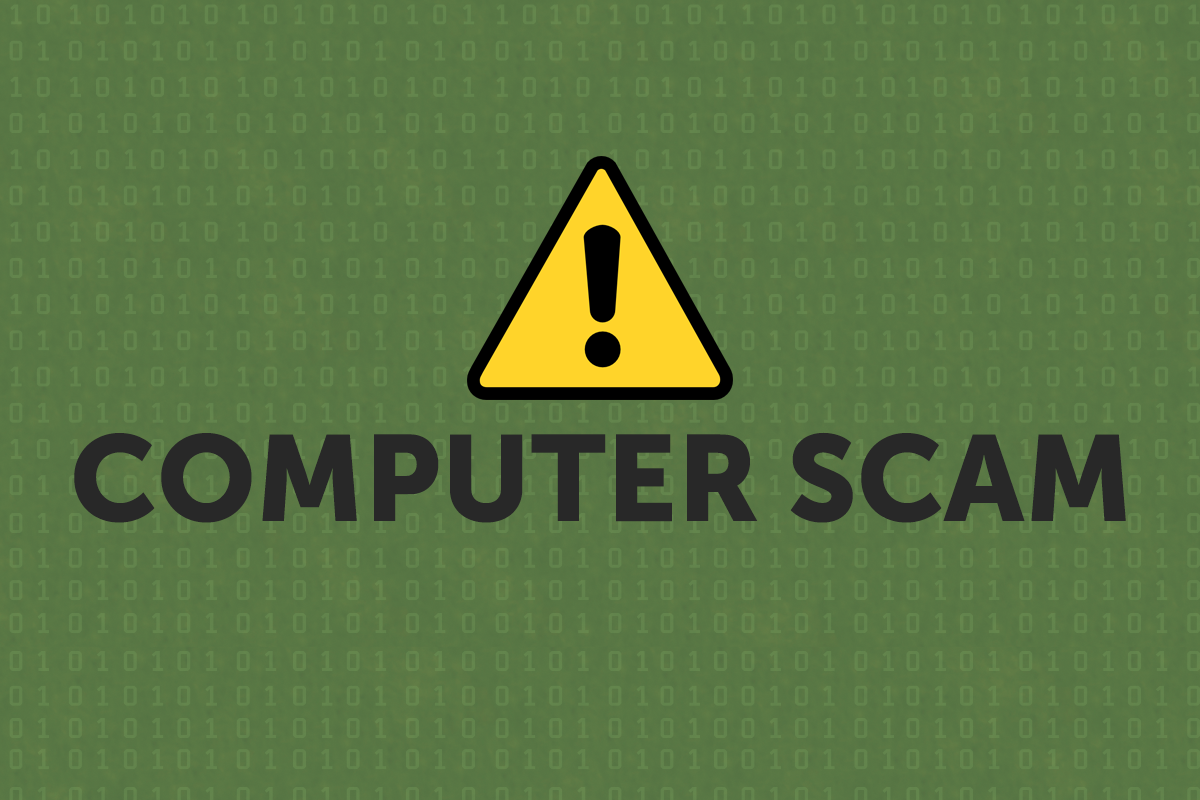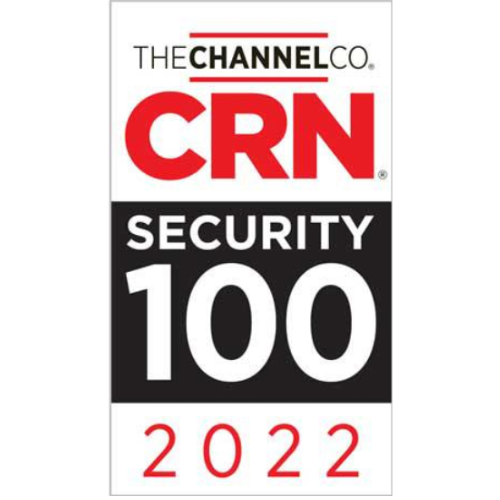 News broke this week of a computer scam making the rounds in Gallatin County, MT. The scam is said to involve pop-up ads on computers claiming the user has viruses and encourages the user to call a phone number to avoid damage or data loss. According to the Gallatin County Sheriff's office (full statement at end of email), "when the victim calls the number, a person will answer and claim to be from a computer repair company, with many different company names being used that sound legitimate. The person will demand remote access to the victim’s computer, then demand banking or credit card information in order to pay for the 'repairs.' Victims will be charged up to $8,000."
News broke this week of a computer scam making the rounds in Gallatin County, MT. The scam is said to involve pop-up ads on computers claiming the user has viruses and encourages the user to call a phone number to avoid damage or data loss. According to the Gallatin County Sheriff's office (full statement at end of email), "when the victim calls the number, a person will answer and claim to be from a computer repair company, with many different company names being used that sound legitimate. The person will demand remote access to the victim’s computer, then demand banking or credit card information in order to pay for the 'repairs.' Victims will be charged up to $8,000."
The solution seems pretty simple right? Don't pay! Well, if you choose not to pay the cyber-crime becomes even more serious. The Sheriff's Office continues, "if the victim stops allowing the money transfers, the scammers will lock the computer or otherwise disable it, so that it has to be professionally repaired."
Is antivirus enough?
Unfortunately, antivirus simply can't prevent the sophisticated attacks that users face now. Cyber-attacks now range from intricate attacks that exploit holes in software you use, to basic attacks that are a result of human error. With this specific attack, user error is essentially granting them access into your files which they can then hold for ransom and demand payments.
How you can protect yourself from this type of cyber attack
Cyber criminals now employ a variety of different tactics to access and make money off your precious data. These tactics have become sophisticated enough now that oftentimes you could be facing a cyber-breach and not even know it (See cryptojacking blog post).
[RELATED: 3 Major Types of Cyber Attacks]
There is really only one way to ensure your data is secure. Layered security is the process of securing every possible entry point with cyber-security solutions. In this specific example there could be several different types of cyber-attacks going on, including:
1. The criminal could be using an exploit (piece of software that capitalizes on vulnerabilities) to access your data
2. The criminal could be encrypting your files so you can no longer access them until you pay them their demanded ransom
3. The criminal could be using your device as an entry point into your network where they may be able to access any number of sensitive and unprotected documents.
Gone are the days where you simply patch holes in your security after the fact. Synchronized Security is a forward thinking approach to securing your whole technology infrastructure. This includes endpoints, firewalls, servers, wireless, email, mobile, and more. The truth is that no matter how much training someone receives, we will still click and act on suspicious content. The best way to secure yourselves against this is to protect every entry point with solutions that can communicate with each other to stop the attack in its tracks.
For Home Users
While we specialize in cyber-security protection for businesses, home users should also make sure they are secured. The best home security software we recommend is Sophos Home. The good news is that it's FREE! Sophos Home is an business-grade cyber-security solution that is designed for the home user. To download your free version of Sophos Home, click the button below:
View the Sheriff Office's full statement here:













